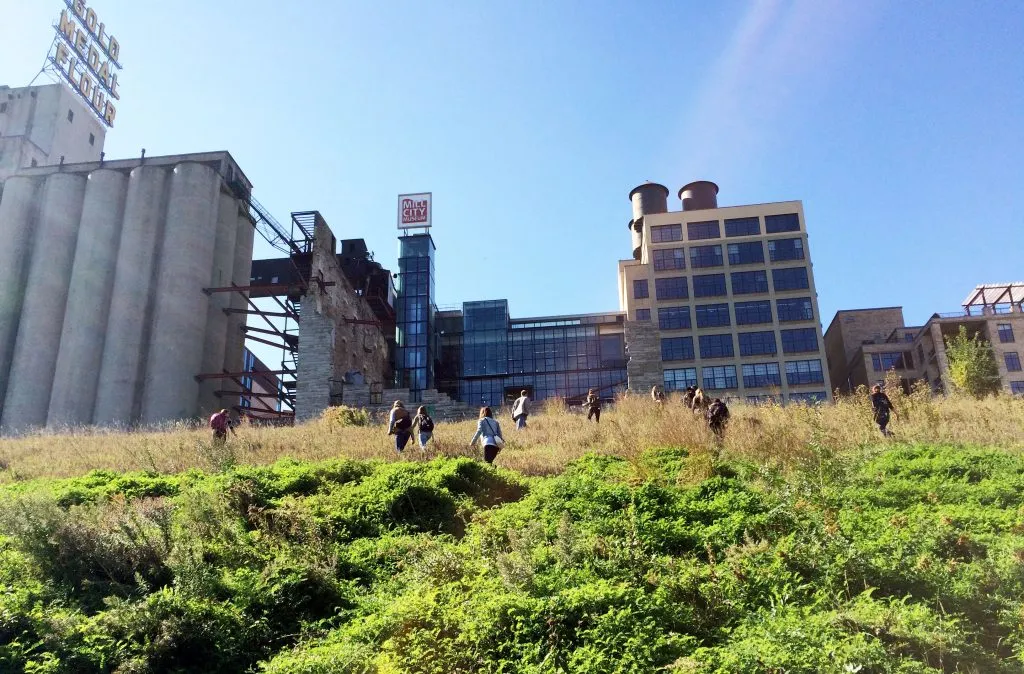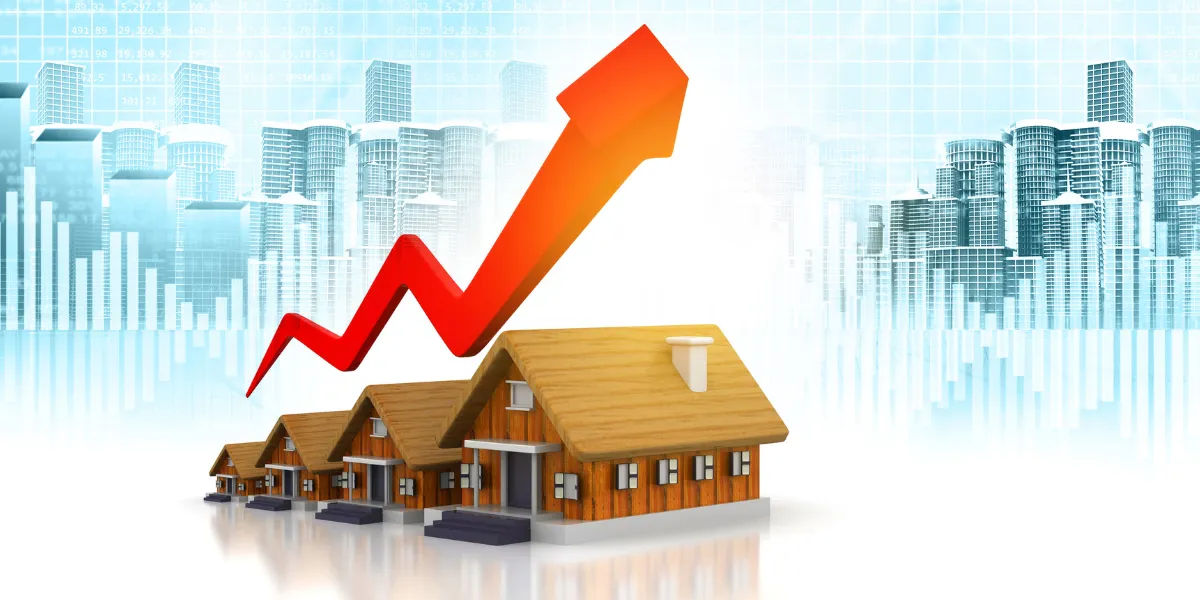Introduction
As economies expand and businesses evolve, commercial developers stand at the forefront of shaping the spaces where commerce takes place. Their work extends far beyond constructing buildings; it involves creating environments that foster growth, efficiency, and innovation. From office towers and shopping complexes to industrial parks and mixed-use business districts, commercial developers design projects that serve as the backbone of modern economies and urban development.
Commercial developers specialize in creating real estate projects that are designed primarily for business use, catering to sectors such as retail, office, hospitality, logistics, and industry. Unlike residential developers who focus on homes, commercial developers emphasize functionality, accessibility, and return on investment. Their projects often define the character of city centers, business hubs, and even entire regions by attracting enterprises, generating employment, and stimulating economic activity.
One of the key roles of commercial developers is to ensure that projects meet the demands of both tenants and investors. Office developments, for instance, must combine modern architectural design with practical layouts, advanced infrastructure, and connectivity to appeal to companies seeking efficient workplaces. Retail complexes need to offer not only space but also customer-focused environments that encourage foot traffic and consumer engagement. Industrial and logistics facilities require robust infrastructure, accessibility to transport networks, and compliance with safety standards. In every case, commercial developers are tasked with balancing functionality with long-term value.
Location is a central factor in commercial development. Developers carefully select sites that maximize visibility, accessibility, and convenience, ensuring that their projects attract consistent demand. Many commercial developers also integrate lifestyle elements such as dining, leisure, and entertainment options into their projects, particularly in mixed-use developments that blend work, shopping, and relaxation into one seamless experience. By doing so, they not only serve businesses but also enhance the vibrancy of the communities in which they operate.
Sustainability and technology are also transforming the work of commercial developers. Increasingly, projects incorporate green building practices, energy-efficient systems, and smart technologies to meet the growing expectations of eco-conscious businesses and investors. These innovations not only reduce operational costs but also enhance the long-term appeal of commercial properties. As work patterns evolve, particularly with the rise of hybrid and remote work, commercial developers are rethinking traditional spaces, designing flexible and adaptive environments that can accommodate new ways of doing business.
Conclusion
Commercial developers are more than real estate professionals; they are catalysts of economic growth and urban transformation. By designing projects that combine functionality, innovation, and sustainability, they create spaces that support businesses, attract investment, and shape thriving communities. As markets continue to evolve, commercial developers will remain at the heart of building environments that drive progress and define the future of commerce.




